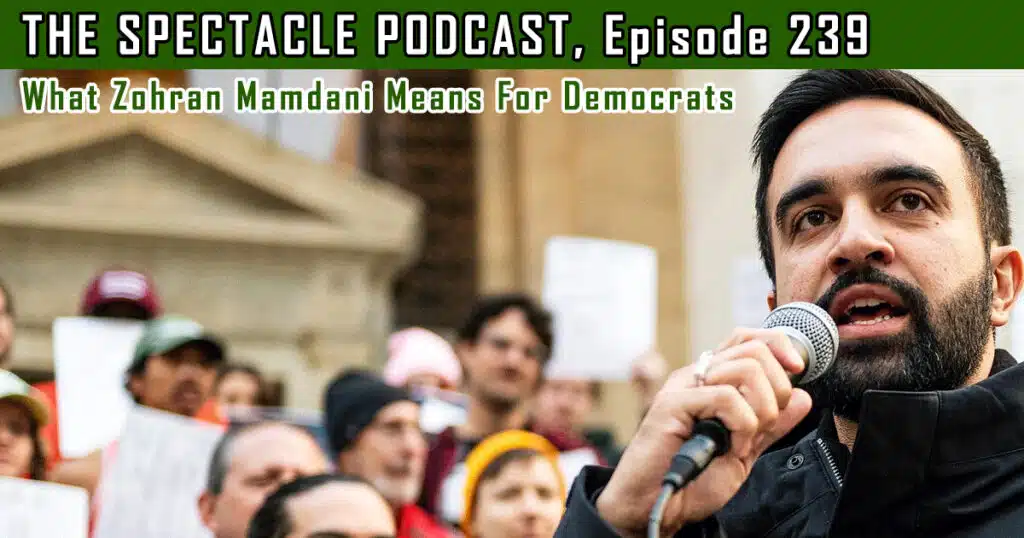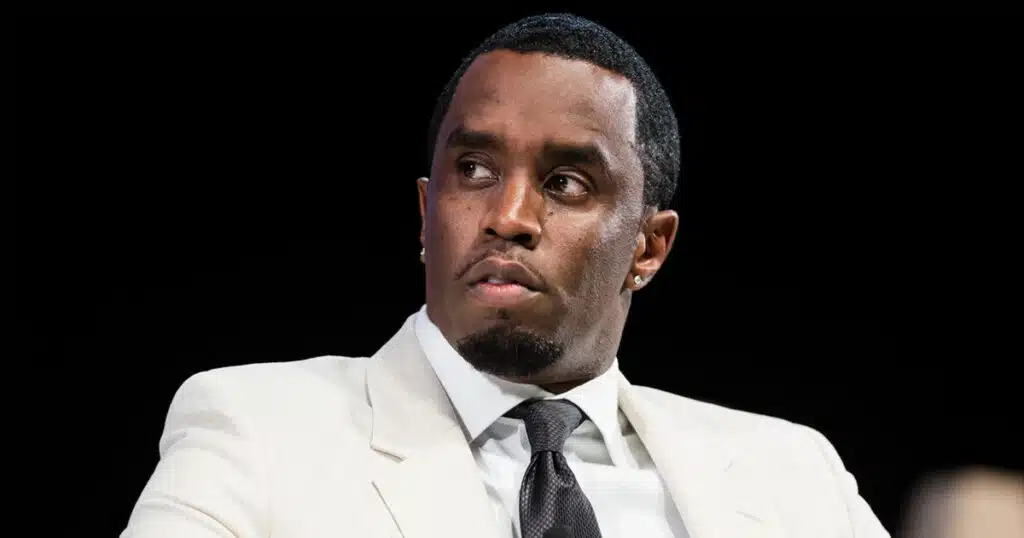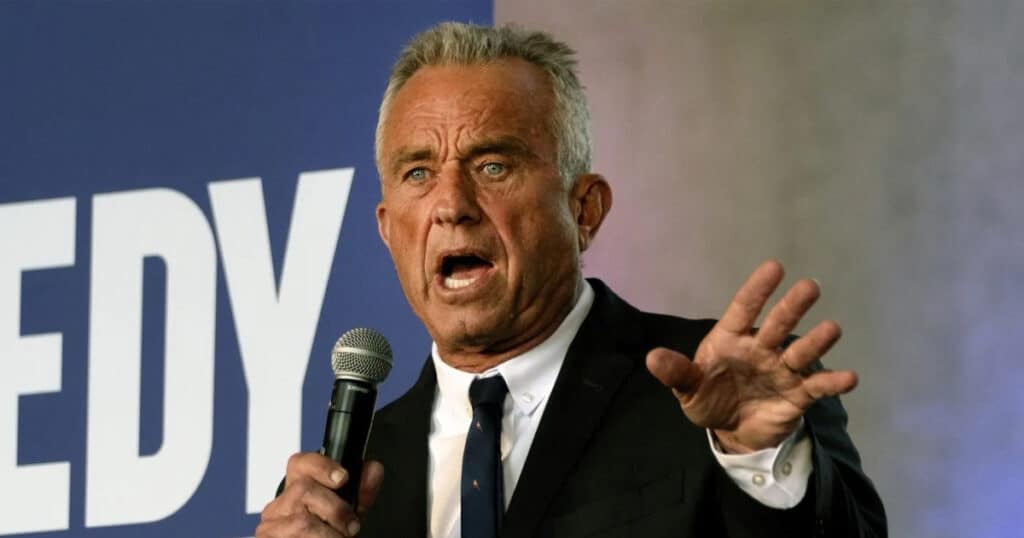
Wharton’s Majoring in Woke Capitalism. Some Are Taking an Elective in Dissent.
One of America’s storied Ivy League executive training grounds is elevating a view of capitalism that shuns the very enterprises from which its namesake made his fortune: In 2023, the University of Pennsylvania’s Wharton School will offer a new major called Environmental, Social and Governance Factors for Business.
The nation’s first business school was founded in 1881 by Joseph Wharton, an industrialist who made a killing in mining and manufacturing, the sorts of “dirty” industries that ESG proponents disfavor. Now, the school that bears his name will have the distinction of becoming the first prominent institution to offer an ESG degree.
Skeptics, including former faculty and alumni of the school, many of whom spoke on condition of anonymity for fear of recriminations, fear the MBA program could serve as progressivism in business sheepskin clothing. One recent graduate warned against a one-sided presentation of left-wing politics used “to justify increasing the power of the state in markets and firms while demonizing capitalism.”
Observers suggested the school’s embrace of ESG could not only presage similar curriculum changes at business schools nationwide, but also change the character of the corporate C-suites that the school’s graduates tend to populate. The thinking is that ESG-focused students will matriculate to ESG-focused executive positions in an already socially conscious corporate America, creating a feedback loop that could have an indelible impact not just on U.S.-style capitalism, but on America itself.
“By creating a major [in ESG] at Wharton you are helping to legitimize it,” said another graduate.
Proponents of Wharton’s new direction, such as Penn professor Witold J. Henisz, see it as a way to “enhance” capitalism’s “efficiency.” Henisz, vice dean and faculty director of Wharton’s ESG Initiative, told RealClearInvestigations that by incorporating “pollution, human rights, and other ESG impacts” into financial analyses, market participants can properly price such “externalities” and “mitigate” associated risks.
In a recent opinion piece challenging critics of the “anti-ESG” or “anti-woke investment movement,” Henisz said: “Climate risk is investment risk. There is no credible other side, only an ideological opposition cynically seeking a wedge issue for upcoming political campaigns.”
Related: Wharton Wokeness Decades in the Making
When RCI asked Henisz to clarify his remarks, he said: “I believe that the science on climate risk as investment risk is settled. I do not see substantive academically grounded debate on this point.”
“There are, by contrast,” he added, “legitimate questions as to how, when and where climate risk poses investment risk and we encourage all such discourse, research and debate.”
One recent graduate, Isaiah Berg, told RCI that Henisz’s comments were “sad to see,” noting that there are “good faith disagreements that exist around ESG topics.” If Henisz’s “intent was not to persuade, but instead to intimidate those who might otherwise speak up and disagree, he likely achieved his goal.”
Others expressed similar concerns. Alex Edmans, a former Wharton professor who earned tenure at the school in part based on his writings on ESG, is a qualified supporter of the school’s push into the space.
But in a recent paper responding to Henisz’s remarks, Edmans said “ESG is not a debate on which you have to take a ‘side’ – it’s a subject. … people’s stance on a subject should evolve with the evidence rather than being anchored on a side. To be closed to the possibility of valid concerns is contrary to a culture of learning, and to assume that counterarguments are politically motivated is itself cynical.”
Nevertheless, Edmans told RCI, he supports Wharton’s introduction of the ESGB major – with two conditions. “First, the courses should be taught by professors with substantial expertise,” he said. “Other schools have launched such courses because they are popular, and faculty have suddenly reinvented themselves as ESG experts; as a result, such courses are based on wishful thinking, not scientific evidence.
“Second, the courses should cover research and evidence on both sides of the issue, rather than only what people would like to hear.”
Although those speaking out lamented that there was a distinct chill over expressing dissenting views, Edmans and recent graduates noted that in their personal experience, Wharton professors strained not to bias their presentations in classes.
As one recent alumnus recalled, when the subject of shareholder (traditional) capitalism versus “stakeholder” (ESG) capitalism arose in a business ethics class, “Our professor asserted that there is no data to indicate that either guiding philosophy necessarily resulted in a better-run company. He gave examples of how either philosophy could lead to higher shareholder returns, and counter-examples of how each philosophy, when taken to its logical extreme, could lead a company astray.”
The alumnus also emphasized that in classes where “green” matters came up, the analytic methods students learned would have generally led them to see policies such as the Democratic Party’s Green New Deal as “a blend of wishful thinking and pure nonsense.”
“We did study climate change and its implications,” the alum added, “but there was no detectable ideological indoctrination.”
Cast as a milestone in what the New York Times recently termed an “anticapitalist” march through America’s elite business schools, Wharton’s move parallels the advance of what critics call “woke capitalism” in boardrooms, already illustrated in the vast majority of major U.S. companies touting their ESG bona fides in regulatory filings, and every Fortune 100 company having adopted a DEI program.
Wharton leaders invoke Joseph Wharton’s call, in founding the school, for it to help solve “social problems incident to our civilization” in justifying the new ESG emphasis.
In addition to the ESGB major, graduate students will likewise be able to major in one of its social sub-components, Diversity, Equity, and Inclusion (DEI). Wharton undergraduates, all of whom receive degrees in economics, will be able to specialize in these areas by pursuing equivalent concentrations.
The majors are an outgrowth of Henisz’s ESG Initiative, established at Wharton this past July. Its programs have produced research papers with titles like “Gas, Guns, and Governments: Financial Costs of Anti-ESG Policies”; “When Gender is Central”; and “Prospects for an Animal-Friendly Business Ethics.”
“We want to demonstrate that business can be a force for positive change on issues like climate and human rights,” said Henisz after its launch – change, he said, “that requires the data, the business case, training and mobilization, and more that we aim to bring together through this initiative.”
At least 9% of the 877 students in Wharton’s 2024 class will major in ESGB based on the number of currently declared majors in Business, Energy, Environment and Sustainability, which will become a specialization under the ESGB major when formally introduced next fall, according to figures provided by Henisz.
Some required classes will include – on the “environmental” side of ESG – “Climate and Financial Markets” and “The Business & Governance of Water.” In the “social” and “governance” realms, courses include “Social Impact and Responsibility” and “Reforming Mass Incarceration and the Role of Business.”
Wharton’s accelerating push into ESG has coincided with the 2020 appointment of Erika H. James as dean of the school. James has made promoting ESG on campus one of her top strategic priorities.
During her first year as president, she launched a discussion series on “how systemic racism impacts business and society as a whole, and ways it can be confronted.” She also hosted a Juneteenth conversation with the doyen of “anti-racism,” Ibram X. Kendi – in keeping with the university’s stated “unwavering commitment to advancing racial equity and social justice in our nation.”
In 2021, James led a discussion series on ESG – described in related literature as “the unifying lens” by which to evaluate companies’ stated efforts “to do more than just make a profit.” That series sought to highlight how organizations could “improve” on their ESG practices “and responsibly drive impact.”
James’ administration has been practicing what it is preaching, hiring a chief DEI officer this past fall, and increasing Wharton’s proportion of female students to a majority for the first time in its history, and first among the top 10-rated business schools in the country, in its 2023 MBA class.
A recent fundraising appeal to alumni highlights the school’s ESG emphasis – one it evidently believes will resonate with the investment bankers, management consultants, and technology executives it educated. “Wharton students want to be part of companies seeking employees with skills and academic knowledge grounded in ESG, because ESG is good for both business and society,” wrote James, who did not respond to RCI’s questions in connection with this story.
Henisz told RCI that in recent years, students had grown increasingly interested in taking electives in the ESG area, “demanding more courses and greater cohesion.” Schools themselves are also businesses, and with leading MBA programs reporting a drop in applications, it could be that they are trying to cater to students to grow their applicant pools – along with like-minded donors as reflected in James’ appeal. Meanwhile, major corporations are devoting increasing focus to “sustainability” and other ESG-related areas, creating a growing demand for prepared graduates.
‘Indoctrination’ in the Application Process
One recent Wharton graduate told RCI that “indoctrination” in ESG/DEI-related subjects is baked into business schools before students ever enter them. “It starts right in the applications,” he says, which, in his experience applying to top business schools, is embodied in essay prompts like “How are you going to change the world?” He believes such leading questions naturally lend themselves to emphasizing ESG. “Never do they ask, how are you going to preserve the status quo? Or, how are you going to protect the American system, capitalist system?”
Wharton, at least when he applied, avoided asking such questions. This graduate added that when major investment banks came to campus to recruit students, “the whole Wall Street recruiting process was chock full of DEI stuff,” as well as “blatant discrimination in my opinion.” Recruiting emails obtained by RCI show financial services firms offering prospective Wharton applicants individual break-out sessions broken by affinity groups including women, blacks, Hispanics, Native Americans, LGBTQ candidates, and other “underrepresented” peoples. Many banks also advertised diversity fellowships for graduate students.
“Other than Asian and white men, everyone else had extra sessions made available to them with the banks,” said the alumnus. He claims one could draw a line from this incremental facetime, and inherent identity politics, to “who got the internships.”
The increasing emphasis on ESG in leading business schools comes at a potentially precarious time for the movement given the mounting backlash against it intellectually, politically, and practically as ESG-related investment returns languish.
Some off-campus ESG critics believe the introduction of such majors could diminish the school’s academic seriousness, if not the long-term job prospects of students.
Vivek Ramaswamy, author of “Woke, Inc.” and co-founder of Strive Asset Management, which has created several “depoliticized” investment vehicles, told RCI that “The inclusion of the ESG/DEI major goes hand-in-glove with affirmative action: the latter lowers the overall quality of students that Wharton admits, which necessitates intellectually lightweight ‘majors’ like ESG and DEI.”
Another critic, Andy Puzder, former CEO of CKE Enterprises and onetime Trump administration nominee to head the Department of Labor, told RCI: “I don’t think there is anything wrong with majoring in ESG or DEI, but I suspect it will be much like majoring in gender studies. Over time, job opportunities outside of teaching will be limited absent activist governments and asset managers.”
Stephen Soukup, author of “The Dictatorship of Woke Capital” says that “B-schools have now positioned themselves in opposition to the actual marketplace of ideas,” citing the work of like-minded scholars such as RealClearFoundation’s Rupert Darwall, the Competitive Enterprise Institute’s Richard Morrison, and Ramaswamy, as having “pretty thoroughly discredited the intellectual underpinnings of the ESG/stakeholder movements.”
But by the same token, he warns, “We’ve lost the institutional fight. The pro-ESG forces control the federal bureaucracy, the universities and B-Schools, and other institutions. … They can keep this clearly destructive, clearly disproven scheme going indefinitely, which will result in serious damage to capital markets and the economy more broadly.”
This article was originally published by RealClearInvestigations and made available via RealClearWire.



